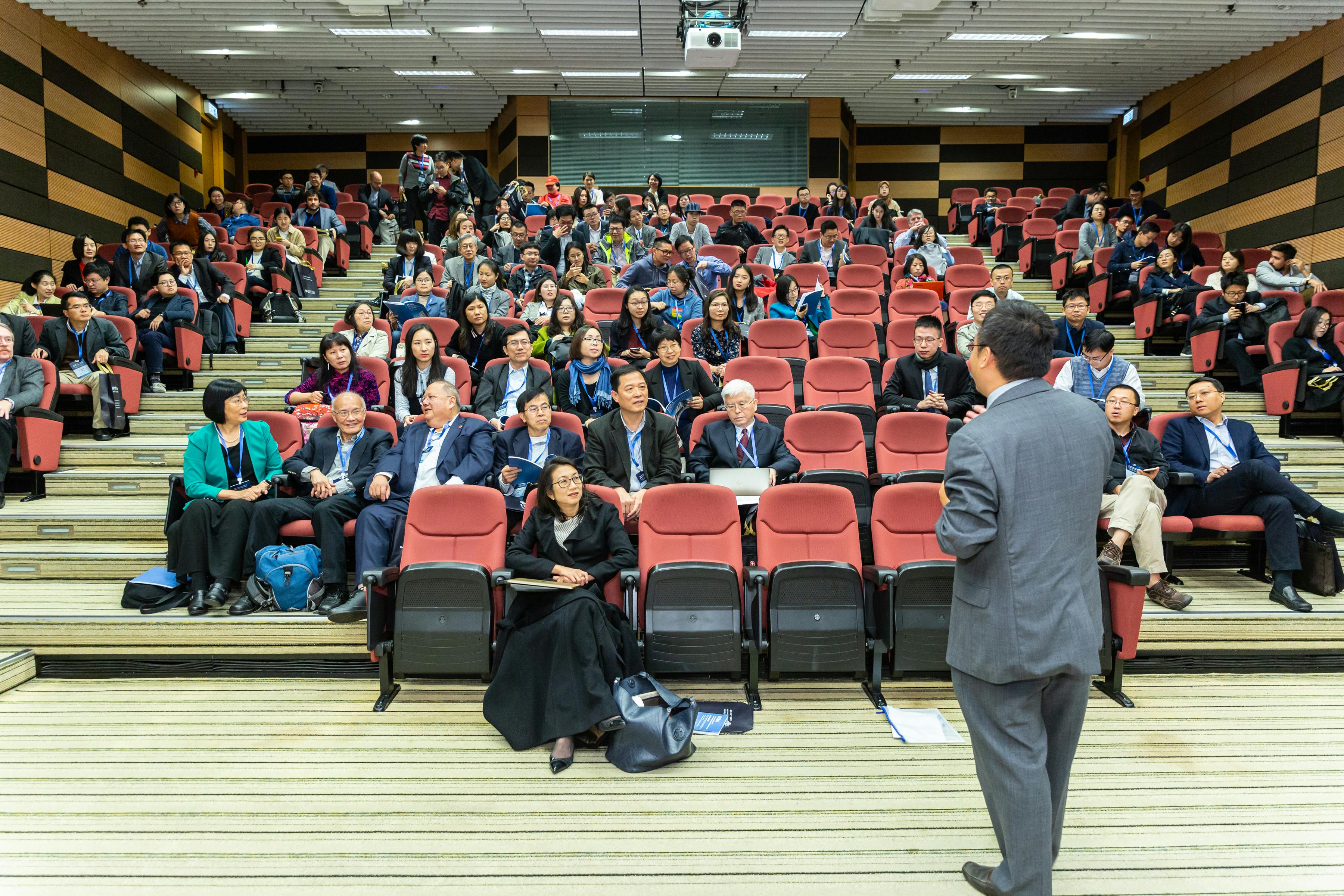In my view, the goal of public speaking is simple: to share ideas. Hence, it only makes sense that everything related to public speaking should be considered in terms of whether it helps achieve that goal. This essay, therefore, will share what I’ve learned regarding becoming a better sharer of ideas. This will be divided into two parts: the first will cover my personal experiences and lessons in public speaking, and the second will discuss what I have learned from reading about and observing great speakers.
My experience with public speaking likely began in elementary or middle school. In class, we often had to give book talks, with each student taking a turn. I found these talks enjoyable because, as a child, I loved talking; hence, I seized any teacher-approved chance to speak freely. We also had opportunities throughout the year to share in front of the class.
In middle school, we also participated in Model UN, where we would hold mock simulations of delegates and committees of the United Nations. For those unfamiliar, think of it as a blend of a courtroom and international diplomacy. We would dress formally and discuss global issues in a sophisticated way, with a bunch of fancy words and procedures. My first Model UN was a lot of fun. I’m not entirely sure why, but perhaps due to a mix of upbringing, opportunities, and personality, I never shied away from speaking. Initially, the terms used in Model UN were complex and far beyond a sixth-grader’s understanding. Yet, I still felt a strong urge to speak. Looking back, many of my early speeches were probably quite silly, but they had a certain charm. They were full of a naive yet beautiful spirit—a desire to share what I knew, even though I knew I didn’t know everything. I ended up doing well in my first Model UN, which taught me a valuable lesson: at the start, everyone is unprepared. But trying, even when you’re unprepared, is a great feeling.
In my early MUN experiences, I also realized how crucial it was to be familiar with the subject matter. Being familiar with the subject matter does not simply mean reading a lot or printing out pages of information or even knowing lots of factual details. Those can be indicators, but reading pages of information is no guarantee of understanding. To be familiar is to view the situation—like a cube—from all sides. It means knowing the history, principles, causes and effects, and all affected parties. You don’t have to know everything; in fact, you can’t know everything. But you must know what is important. And how to know what’s important? You have to focus on discerning the essential aspects that affect the bigger picture.
Public speaking always goes well when you are familiar with the topic. Since I am passionate about soccer, I play and watch it frequently, which makes it easy for me to explain the various positions, teams, and competitions. Talking about soccer is fairly easy for me; however, if I had to speak on basketball or organic chemistry, then I would struggle. Another quality that further aids public speaking is the ability to think independently and formulate one’s own ideas.
Another significant experience I had was when I traveled to India. It was a completely new experience, and I found it fascinating. We stayed in a great hotel where everything was top-notch and fancy. Everyone was dressed up, and my committee had more people than ever before—around 40–50 participants. This larger group challenged me to refine my speaking skills and adapt to a bigger audience.
On Great Public Speakers
Great public speakers each have their own quirks and unique styles. Theodore Roosevelt, for instance, was known for being loud and energetic; his speeches radiated vigor. Martin Luther King Jr. had a hypnotic and rhythmic way of speaking that captivated audiences and conveyed deep conviction. Other great speakers, such as Winston Churchill, had a sense of gravitas and timing that commanded attention, while Mahatma Gandhi communicated with a quiet intensity that made his sincerity unmistakable. Despite these differences, they were all united by a commitment to the craft of public speaking. Through continuous refinement, they honed their skills, becoming masters of the art.
These speakers knew their material and, perhaps more importantly, they deeply believed in what they were saying. This conviction, combined with practice and experience, made their speeches resonate.

